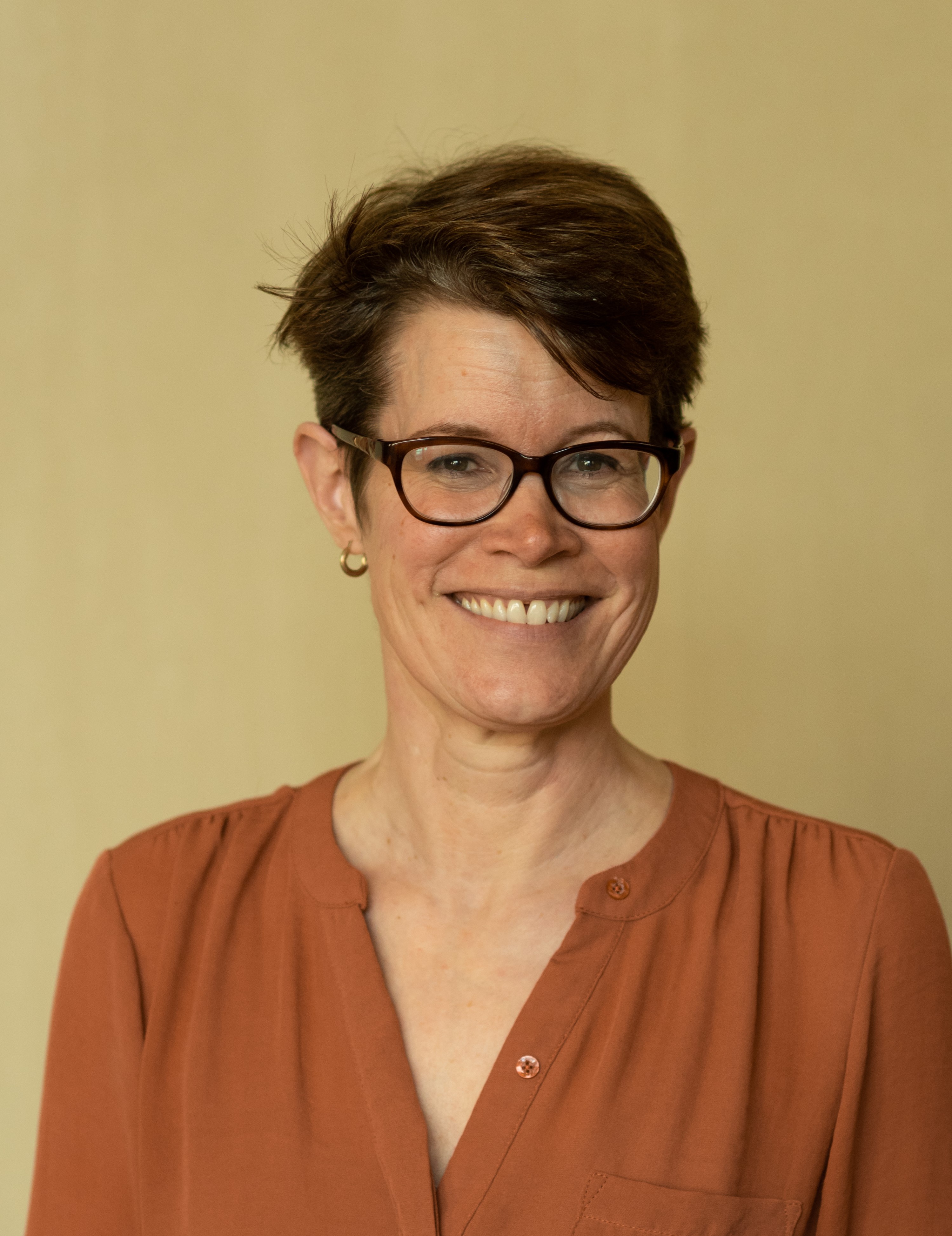 Substance Use News provides a snapshot of news and resources for those working to support folks who use substances. We share pieces on the social, medical and political responses to the opioid crisis, from advocacy to welcome change. See our Drug Use and Overdose Response page for resources on overdose services, team resilience, governmental reports, policy recommendations, and more.
Substance Use News provides a snapshot of news and resources for those working to support folks who use substances. We share pieces on the social, medical and political responses to the opioid crisis, from advocacy to welcome change. See our Drug Use and Overdose Response page for resources on overdose services, team resilience, governmental reports, policy recommendations, and more.
Policy and Practice
Supervised consumption site in federal prison will be 1st in Canada
Jeff Wilkins, president of the Union of Canadian Correctional Officers, says the union has been told by Correctional Service Canada that the facility in the Drumheller penitentiary, in southern Alberta, will open by the end of this month. That timeline has been confirmed by Correctional Service Canada.
The Canadian HIV/AIDS Legal Network responded to this news:
Proposed supervised injection site in Alberta’s Drumheller Institution cannot replace a prison-based needle and syringe program
Following on last week’s news that Drumheller institution in Alberta was set to open a safe injection site, the Canadian HIV/AIDS Legal Network released a statement. It reads in part; “For a prison-based supervised injection site to succeed, prisoners must trust staff and believe that they can access the service confidentially, without exposing their drug use — a highly stigmatized and criminalized activity — to other prisoners and staff. This trust and confidentiality simply does not exist within the current prison environment.”
Overdose crisis death toll would be more than double without harm reduction, study says
According to the study led by the B.C. Centre for Disease Control (BCCDC), there were 2,177 people killed by overdose in the province in that time. But more than 3,000 deaths were prevented.
The Portugal Paradox
On episode 5 of Crackdown, host Garth Mullins goes to Portugal to figure out whether the country has found a solution to North America’s overdose crisis.
Overdose Aftermath
After the Overdose
“The death numbers are what’s reported and people get the impression that you have a drug overdose, you get naloxone and you survive. Or you do not get naloxone … and you die,” said Dr. Delbert Dorscheid, a critical care physician at St. Paul’s Hospital in Vancouver. “That kind of binary is what the view is, [but] there’s a lot of greyness in between.” Dr. Brian Goldman (White Coat, Black Art) explores what happens to folks who survive overdose but are never the same again.
Why the opioid crisis may be contributing to more injuries for long-term care workers
Sometimes when people have a drug problem and they overdose a couple times, many times they end up having a significant brain injury, which can damage a person’s cognitive ability and make it so they can no longer take care of themselves, forcing them into an institution.
Opioid Addiction Doesn’t Always Start with the Doctor
Nonmedical opioid users are more likely to start abusing the drug after getting them from friends or family members—not doctors—according to a new study.
Stigma
People who take opioids are the AIDS patients of today
Perhaps the worst recent example of medical stigma is how people with HIV/AIDS were treated in the 1980s. Much of the public believed people with HIV/AIDS were to blame for their disease due to their “lifestyle” and had no sympathy for their suffering. Research and assistance were slow to develop, and a generation of gay men and others died waiting. People who take opioids are the AIDS patients of today. The stigmatization of patients who use opioids extends to those trying to quit. Just as AIDS patients of the 1980s were blamed for their disease, some today act as if patients with addiction issues deserve their fate. I believe all people have inherent worth and dignity.
Policies restricting drug use are fueling the drug crisis, says Dr. Carl Hart
Activist Carl Hart was in Vancouver last month for a presentation on drug policy. Hart is known for his positive views on responsible drug use for healthy adults. He’s a neuropsychopharmacologist, winner of a PEN/E.O. Wilson Literary Science Writing Award, and Chair of Psychology at Columbia University. He’s open about his own drug use for pleasure. Listen to this podcast which includes a Q/A with Caitlin Shane of Pivot Legal Society and Garth Mullins of Crackdown.
San Francisco to force some addicts into treatment
Controversial pilot, OK’d by officials, called a violation of civil rights
Learn More
Visit our Drug Use and Overdose Response page
 Questions? Feedback? Get in touch! Janet Madsen, Capacity Building and Knowledge Translation Coordinator, [email protected]
Questions? Feedback? Get in touch! Janet Madsen, Capacity Building and Knowledge Translation Coordinator, [email protected]
